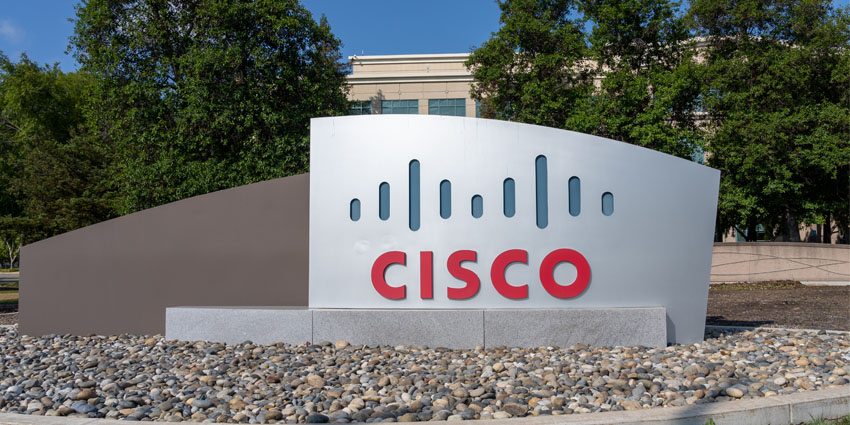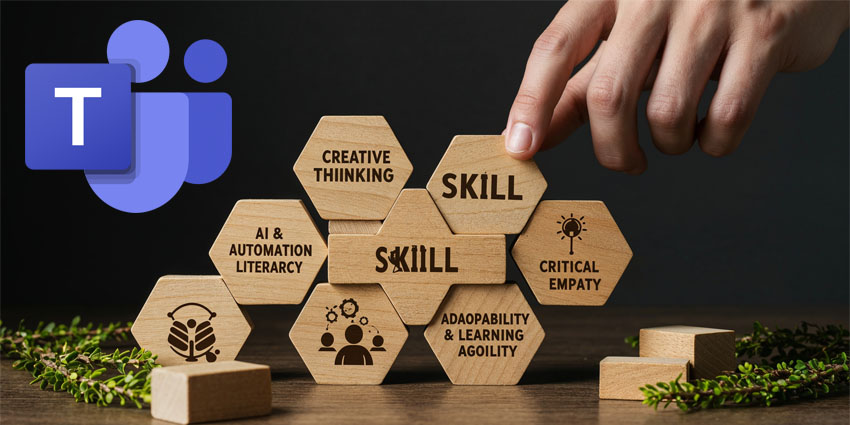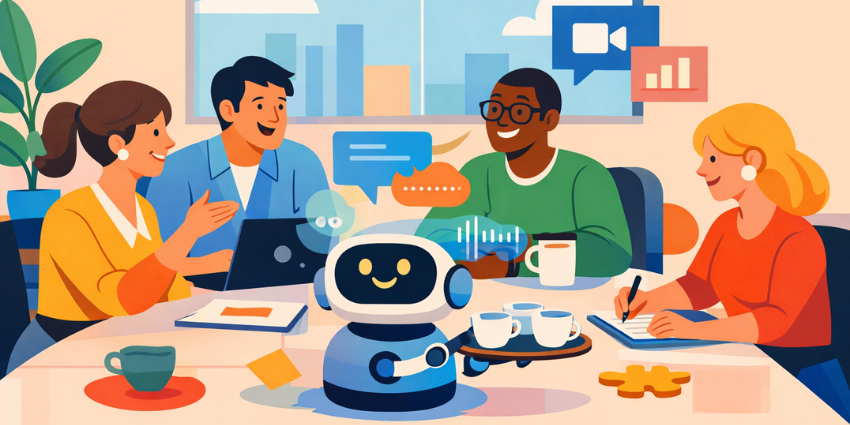The UC space isn’t a stranger to new and confusing terminology. Let’s face it: we love an acronym or a new phrase that describes a concept or trend.
AI has been the ‘great provider’ regarding new industry terms. In the last 18 months, we have been introduced to ‘Generative AI’ and then quickly shortened it to ‘GenAI’, ‘Agentic AI’, ‘AI Agents’, ‘Autonomous Agents’, ‘Autonomous AI’, ‘Copilots’, ’Multimodal AI’, ‘Coaches’ to name just a few.
Your humble IT manager must not only understand the nuances of these technologies but also grasp the vendors’ unique approach to AI.
Let’s take AI Agents, for example. This term, which initially appeared straightforward, is now stretched thin by marketing hype, inconsistent definitions, and a slew of emerging applications. Confusion abounds as the industry grapples with defining what an AI agent truly is, creating both excitement and frustration for users and developers alike.
Read our comprehensive guide to AI Agents here.
The AI Agent vs. Automated Workflows: Where Do We Stand?
Recently, companies like Microsoft have introduced features they describe as “agents,” such as the AI-powered “coaches” in their app store. Upon closer inspection, these tools appear to function more like custom-trained prompts or workflows than actual agents. For example, they might assist with email management or scheduling, but they rely on predefined libraries and lack the autonomy many associate with the concept of an AI agent.
This raises the question: What distinguishes an AI agent from a mere automated workflow? Shouldn’t an agent be autonomous, proactive, and capable of end-to-end task completion without requiring constant user input? In many cases, what’s being marketed as an “agent” today is simply a sophisticated automation tool. The lack of clear definitions muddles user expectations and makes it difficult to assess the potential of these technologies.
Agents, Co-Workers, and Digital Workers
The conversation around AI agents is evolving. At CES, Jensen Huang, NVIDIA’s CEO, suggested a terminology shift from “agents” to “co-workers.” The idea is that these systems should not just respond to tasks but proactively handle them, becoming integral parts of workflows. Unlike traditional agents, these “digital co-workers” would operate independently, negotiating tasks and solving problems without human intervention.
For instance, imagine a future where a sales agent negotiates pricing with another company’s agent, handling 85% of the process autonomously. Or emails are mostly handled and responded to the majority of your messages. This would represent a leap forward from the current AI implementations, which still require significant human oversight.
Salesforce’s Mark Benioff has embraced the term “digital worker,” highlighting how these systems are increasingly taking on complex tasks traditionally handled by humans. With tools like Slack’s “Agentforce,” we’re witnessing the first steps toward this reality. However, the industry remains in the “hype cycle,” and true autonomy is still more of a vision than a reality.
Check out the latest episode of Big UC News, where our expert panel discusses AI agents in depth.
The Challenges of Defining AI Agents
One of the core challenges in this space is establishing consistent definitions for terms like “AI agent,” “digital worker,” and “automated workflow.” Without a shared understanding, companies risk misleading users and creating frustration.
For example, some AI tools labelled as “agents” are essentially advanced customer service bots, while others attempt to function as proactive assistants or even full-fledged digital co-workers. Adding to the confusion, terms like “agent” are also used in non-AI contexts, such as traditional customer service roles, further blurring the lines.
Economic and Social Implications of AI Agents
Beyond the technical challenges, the rise of AI agents brings profound economic and societal questions. As these tools replace human workers in roles that generate significant revenue, should they be taxed as digital employees? This concept remains contentious, reminiscent of Bill Gates’ 1990s idea to tax robots.
Proponents argue that taxing AI systems could offset the economic disruption caused by job displacement. Critics counter that AI agents fundamentally differ from human workers, and taxing them could stifle innovation. Regardless, the increasing adoption of AI raises concerns about the social fabric, employment, and the need for policies like universal basic income (UBI) to support displaced workers.
The IT Department’s New Role – Managing Digital Workforces
Another emerging question is: Who will manage these AI agents? Jensen Huang suggested that IT departments might evolve into the HR departments of the future, responsible for selecting, integrating, and managing digital workers. This would represent a significant shift in organisational structures, potentially creating entirely new roles focused on managing AI systems.
In a business world underpinned by AI, what does this mean for departments outside of IT? As AI augments and replaces key functions in finance, HR, marketing, etc.… where do employees turn when they need to find information, collaborate, or do something else?
The Future of AI Agents
As AI technology advances, it’s clear that we’re only scratching the surface of what agents can do. While today’s implementations remain limited, the long-term vision is compelling. Imagine meetings attended entirely by agents, negotiating deals, assigning tasks, and executing workflows without human intervention. This level of autonomy would redefine productivity and reshape industries.
However, to realise this vision, the industry must address key challenges. Clear definitions are essential to aligning expectations and fostering trust. Standards for autonomy, capability, and accountability must be established. As these systems become pervasive, businesses must consider ethical and economic implications carefully.
Ultimately, the journey toward genuinely autonomous AI agents will be marked by remarkable innovation and significant challenges. As IT teams navigate this rapidly changing landscape, one thing is certain: how we work, interact, and define roles in the digital world will be transformed forever.







